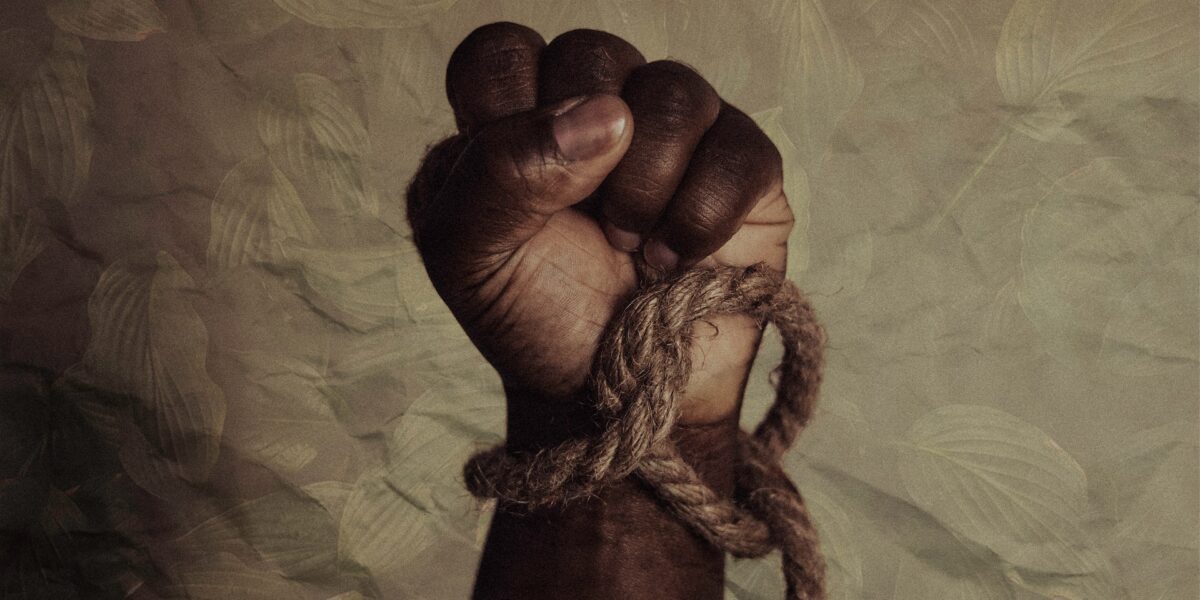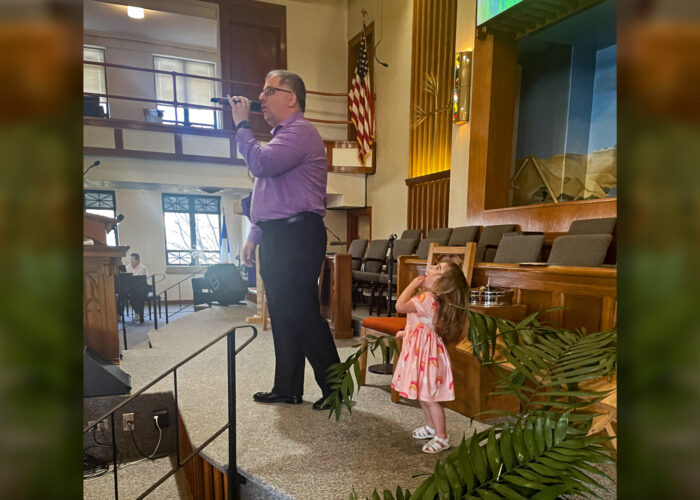Juneteenth is the federal holiday that commemorates the moment that emancipation was fully realized for formerly enslaved persons. It’s a celebration of independence for African Americans that serves as both a celebration and a reminder — a celebration of freedom won by bloodshed and a reminder that liberation is ongoing.
The Civil War is said to have ended on April 9, 1865, right? Yet the last battle of the Civil War occurred on May 12, 1865, and news of liberation didn’t reach enslaved people in Texas until June 19, 1865. It took more than two months for liberation to take effect and even longer for the full rights of citizenship to be legally granted. The lesson: Freedom’s words and freedom’s actions travel at different speeds.
Despite the delay, freedom was finally granted. One hundred fifty-seven years later, both the Children’s Museum of Indianapolis and Walmart made Juneteenth-inspired products to capitalize on the recent cultural shift. Public backlash caused both companies to change course, because Juneteenth isn’t a day that corporations should exploit to make money. Such actions are a continuation of the capitalism that drove the mechanisms of our economy, which created the conditions that encouraged slavery to exist.
Prior to emancipation, northern companies that processed cotton and sold textiles still relied on materials from plantations. Christians, government leaders and industry titans across the country were complicit in the dehumanization and suffering of enslaved persons. Today, no company should be tone-deaf enough to try and make money from Juneteenth — especially if the company is not Black-owned. Allow me to zoom in even further.
Many well-meaning white people wonder how they can celebrate Juneteenth. My response is that it’s not for you to celebrate. It’s for you to reflect. Now that doesn’t mean you shouldn’t attend a local celebration or show support to your Black friends and family! However, it does mean that your priority should be on reflection rather than celebration.
This is what I want you to sit with: Reflect on what freedom means today. How has liberation unfolded since the first Juneteenth? In what ways are we still waiting to hear word that freedom has finally been realized?
In terms of actions to take, consider spending money at a Black-owned business. If you represent a company that wants to pay homage to the liberation that Juneteenth represents, donate money to cover the cost of a local celebration and don’t publicize your support or use your branding. In all honesty, individuals and organizations alike must think about equity in terms of restitution when imagining how to deploy monetary resources. By that, I mean we must understand how all-encompassing systemic marginalization has been for the Black community and take action. This marginalization has taken many forms: enslavement, Jim Crow segregation, mass incarceration, housing discrimination, employment discrimination, educational inequity, healthcare inequity, food deserts, lynching, etc. The list of ways that Black people in the U.S. have been harmed by these systems is long. This means that we can imagine paying court fees and bail, covering rent or student loan payments, and donating to organizations that actively support Black families, as ways to slowly counteract centuries of disenfranchisement. Since the system as a whole doesn’t take seriously demands for reparations, we have to be willing to create other ways to level the playing field and restore communities that are still being drained of resources.
If you want to reflect and honor Juneteenth, learn more about what happened during and after Reconstruction. The story of survival, resistance and liberation doesn’t end with Juneteenth. Take note of the progress that formerly enslaved people made after the Civil War, and learn about the horrific Jim Crow backlash that erased most of that progress.
Check out the countless books, podcasts and documentaries about the systemic oppression impacting communities of color. Read, listen or watch and expand your perspective. Perhaps most importantly, reflect on the ways in which you’re living in solidarity and genuine community with people of color. How far removed are you from authentic relationship with Black families? How often do you support Black-owned businesses? What resources do you donate to Black organizations? In what ways are you intentionally living in solidarity with the Black community?
The U.S. has a long history of shallow celebrations that give lip-service to freedom while denying the substance necessary for liberation. Juneteenth is truly a joyous day that African Americans and their descendants should celebrate. It marks a moment of reprieve, after centuries of violent degradation. During the chaos and violence that we encounter today, that reprieve is just as necessary. If you don’t identify as Black or African American, support the celebrations. Observe and learn about the meaning, and continue to reflect on what must happen today for the work of liberation to be fulfilled.





